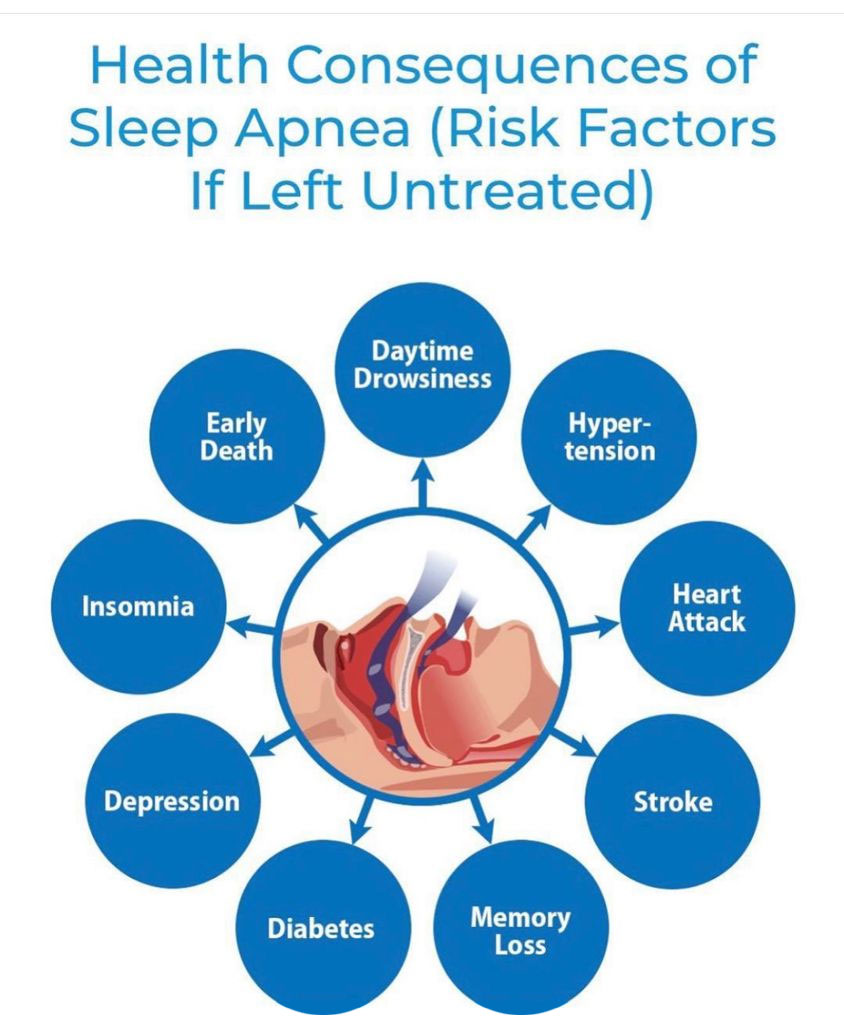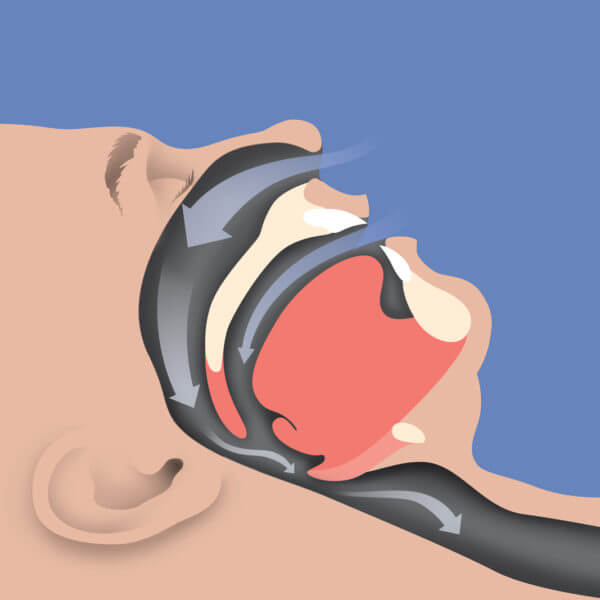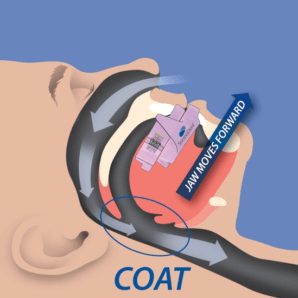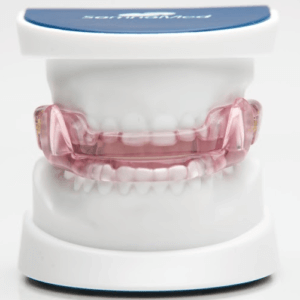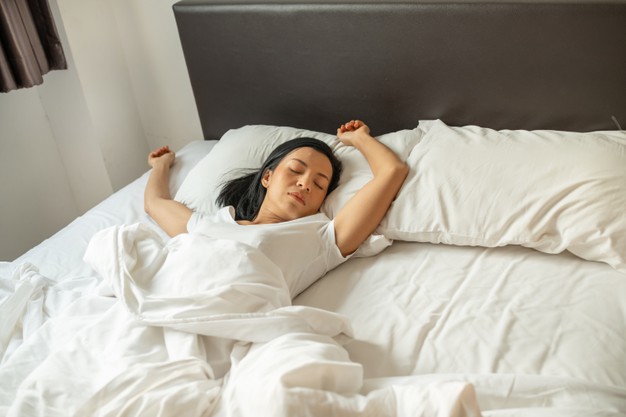If You Snore Frequently and Loudly, You May Be Suffering from Sleep Apnea
If your partner has complained about how often you snore, keeping her or him awake, you may have a serious disorder called sleep apnea. An apnea is a pause in the breath while sleeping, which can occur up to 100 times an hour without awakening the person who suffers from this. This disruption, however, has serious consequences–and Wilshire Smile Studio is an expert in treating sleep apnea.
Typically, the person who has this is overweight and the apneas occur while he or she is sleeping on the back. This most common form of the problem is known as Obstructive Sleep Apnea (OSA) because excess tissue in the mouth, including the tongue, have fallen back as the muscles relax, blocking the airway. The brain recognizes there is a lack of oxygen and reacts by trying to wake up the individual, but consciousness is rarely gained before deep breathing continues and then the disruptions usually keep reoccurring.
The result is that when the individual awakens fully in the morning, they often have migraines and headaches throughout the day. They also either have feeling of having cotton in the mouth or a dry one from breathing through their mouths to get more oxygen (because saliva fights oral bacteria, this endangers their dental health). Other symptoms of OSA include irritability, depression, and anxiety that cannot be accounted for by other circumstances in life.
Most importantly, he or she is very, very tired, in fact, dangerously so, because many deadly accidents occur every year as those with OSA try to drive to work. In the office, they find it almost impossible to stay awake during meetings and have a loss of concentration and memory.
Fortunately, we can prevent this by creating a personalized, FDA-approved oral appliance to be worn while you are sleeping, which comfortably adjusts the position of the jaw to keep the airway open. If you have symptoms of sleep apnea, call Wilshire Smile Studio today to set an appointment for a full dental exam and discussion about whether you have OSA and how it can be prevented.



